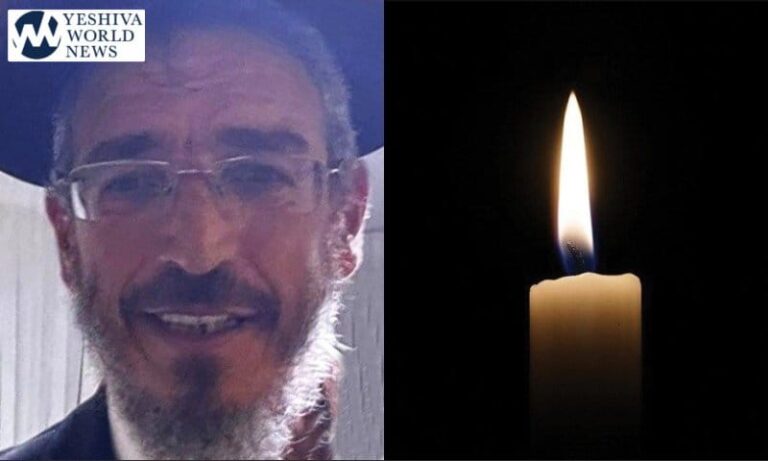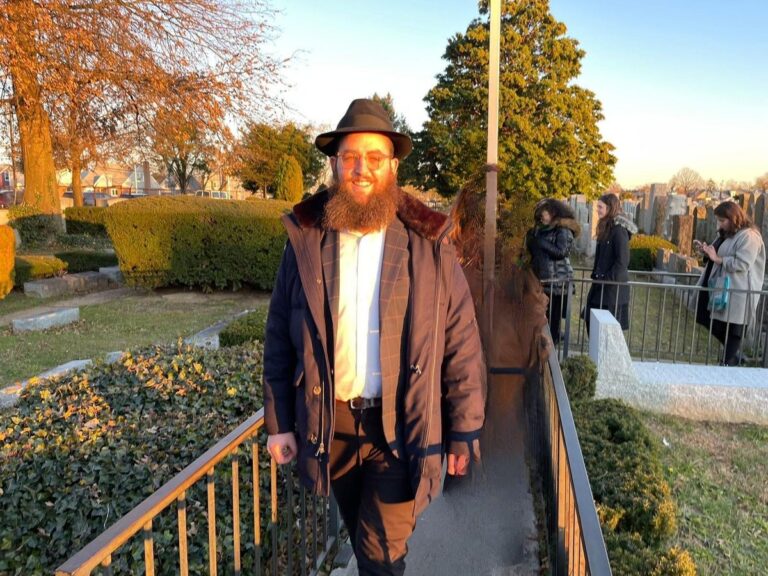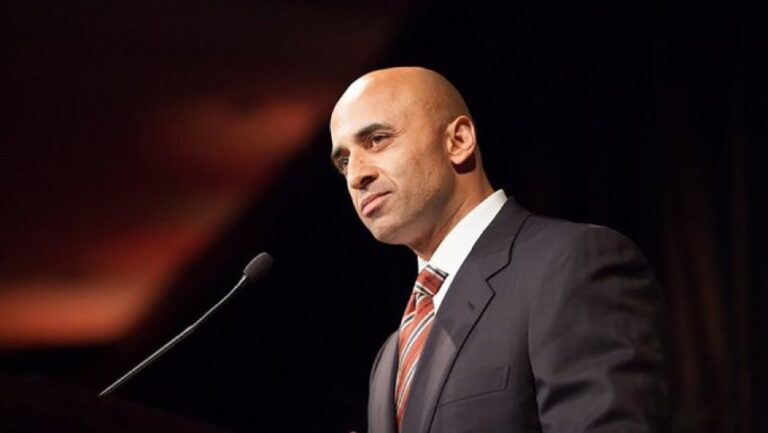Read this………..This guy has such “Sinah” for people who insist on doing Metzitzah B’peh it’s disgusting. He says “My justification for such boldness is that I recently wrote a biography of the great scholar (the Rambam) and interpreter of Halacha, and none of its many reviewers or my correspondents have yet told me that my understanding of him as either a rabbinical authority or as a doctor is wrong”.
Wow! He’s SUCH a fluent master of the Rambam! Just like R’ Chaim Brisker!
NOT!
One of the first things I was taught when I began my surgical training about 50 years ago was that I must never spit into an open wound. To my knowledge, that is still a good rule…..violent dispute about whether some of our ultra-Orthodox brethren should be permitted to continue a practice about which there seems to be only debatable probability of halachic justification. A custom is not a law, any more than a superstition is the manifestation of religious faith. One can only wonder why not only New York’s mayor, Michael Bloomberg, but also its health commissioner, Dr. Thomas Frieden, has been wearing kid gloves instead of mailed fists in his dealings with the Satmar and other Hasidim who insist on their right to metzitzah b’peh…Under normal conditions, the human mouth is home to streptococcus, staphylococcus and about five other forms of bacteria, several of which are capable of causing serious � and even lethal � infections….Fortunately, the disease is rare in the general population � but the general population does not suck on the newly cut penises of its neonates. Who knows the real number of fatalities and illnesses among ultra-Orthodox infants from either viral or bacterial infection, a figure on which the recently reported cases shed no light? Jewish physicians traditionally revere the memory of the most renowned of their number who ever lived, Maimonides, or as the Satmar and many others prefer to call him, the Rambam. One should be very cautious in intruding a historical figure into a contemporary debate, but I will do it anyway. My justification for such boldness is that I recently wrote a biography of the great scholar and interpreter of Halacha, and none of its many reviewers or my correspondents have yet told me that my understanding of him as either a rabbinical authority or as a doctor is wrong. Maimonides railed against superstitions of all sorts, though it is true he was somewhat more lenient with local customs that could not be shown to have a basis in rabbinic law. But regardless of the position he might take in matters of human behavior, he never wavered from the precept that health trumps virtually anything else. Any commandment may be violated in the name of health, except those injunctions against idolatry, blasphemy, sexual immorality and murder.This was not only an ironclad dictum of the Rambam, but it has guided rabbinic thought throughout Jewish history, both before and after him. To Maimonides � and he said this directly � the practice of medicine was a religious undertaking, because without health and life one could not study God and achieve an understanding of His ways. It is this argument that ultimately supersedes any halachic argument that may be brought forward to justify metzitzah b’peh. The Shulhan Arukh, the code of Jewish law, could not be clearer on the matter of circumcision: “The fulfillment of all ordinances [of the brit milah] are suspended if there is danger to human life.”
The danger of metzitzah b’peh has been more than amply demonstrated. Were the Rambam alive today, he would certainly agree.
Sherwin Nuland, a clinical professor of surgery at Yale University, is the author of the National Book Award-winning “How We Die: Reflections on Life’s Final Chapter” (Knopf, 1994) and the memoir “Lost in America” (Knopf, 2003).










